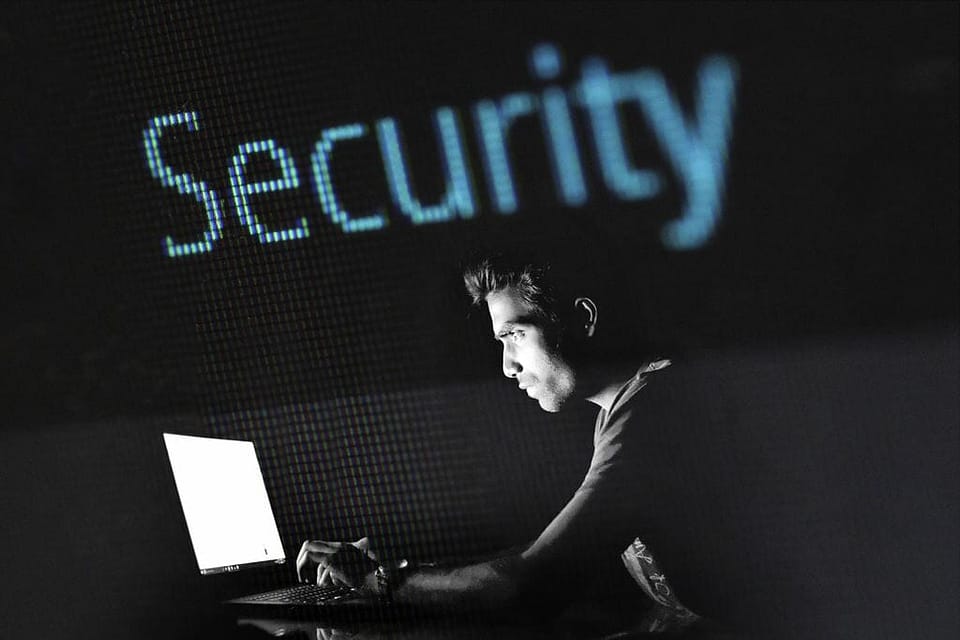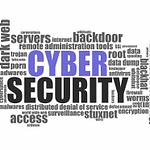Online security is a hot topic these days. With so many data breaches, hacking incidents and malware attacks occurring every single day, it’s no wonder that people are worried about their safety when they go online. However, there are some essential facts that you need to know about online security to keep yourself safe from harm. We’ve compiled the most important of those facts for you below.
You Can Prevent Most Cyber Attacks
You can prevent most cyber attacks by taking some basic precautions. For instance, by investing in a VPN for your home, you can encrypt all of the traffic that goes in and out of your home. This means that hackers won’t access any information that you send or receive, no matter what network you’re on.
Other ways you can prevent cyber attacks include using strong passwords, installing antivirus software, and keeping your operating system up to date, thus protecting yourself from harm. Ensure that you also back up your data regularly in case of an attack so that you can still have access to your files even if they are compromised.
You’re More Likely To Be Hacked If You Use Public Wi-Fi
Public wi-fi is a great way to stay connected when you’re out and about, but it’s also a prime target for hackers. Because these networks typically aren’t password-protected, they are very easy to access by cybercriminals who can use them to steal your information.
The single best way you can protect yourself from being hacked when using public wi-fi is only to visit websites that have the “HTTPS” prefix. This means that their security certificates are up to date and that you can access the page safely. Ensure that your device is also password protected while you’re connected to wi-fi to prevent hackers from accessing it.
Mobile Phones Can Cause Security Breaches
In the past, most cyberattacks have been targeted at computers and laptops. However, as more people use smartphones to access online content these days, hackers are also targeting mobile devices in their attempts to steal information or install malware onto them.
Protect yourself from being hacked by only installing apps that you trust on your phone and avoid visiting unknown websites while you’re using them. Also, have a strong password set up on your device and enable two-factor authentication wherever possible. If possible, do not visit links or sites sent to you by strangers. Instead, call the person who sent them and ask if they are legitimate.
You Can’t Be 100% Safe Online
Despite your best efforts, you can never be completely safe when you’re using the internet. There will always be dangers associated with the internet, and you must accept them to stay safe. However, by following the tips above, you can significantly reduce the chances of being a victim of a cyberattack.
Also, follow preventive measures to enhance your online security. Use a strong password, update your computer’s software and keep all of your devices up to date with the latest virus protection. It is essential to read and understand the privacy policy of any site that you visit before signing up or sharing personal information. If you feel there is a data breach, report it and change your password.
It is not Easy to Detect Data Breaches
There is an ongoing debate about whether or not you can detect data breaches. Most people think that there are early warning signs and indicators, but it’s up for discussion if these clues and signals exist and what they might look like.
You can detect data breaches by using updated protection software to monitor internet activity. This will alert you if the device detects an unsecured website or suspicious behavior that could indicate a security breach has occurred, but it’s important to point out that there is no 100% foolproof way of detecting them before anyone else notifies you about them first.
The Best Way To Protect Yourself Is By Being Proactive
One of the reasons cyber security is such a hot topic these days is that people are becoming more proactive about protecting themselves online. For example, many more people now use VPNs, antivirus software, and strong passwords to stay safe from harm, whereas this wasn’t always the case.
The best thing that you can do to protect yourself online is by being proactive – install security software on your devices, use strong passwords, and don’t click on suspicious links or downloads no matter what. By taking these steps, you can help to ensure that your data is safe and that you’re not at risk of being hacked.
Cybercrime is on the rise, and we all must take steps to protect ourselves from becoming victims. By following the necessary tips and being vigilant about your online behavior, you can help to keep yourself and your data safe. Remember, it’s not always easy to detect a data breach, so being proactive is the best way to stay safe.













